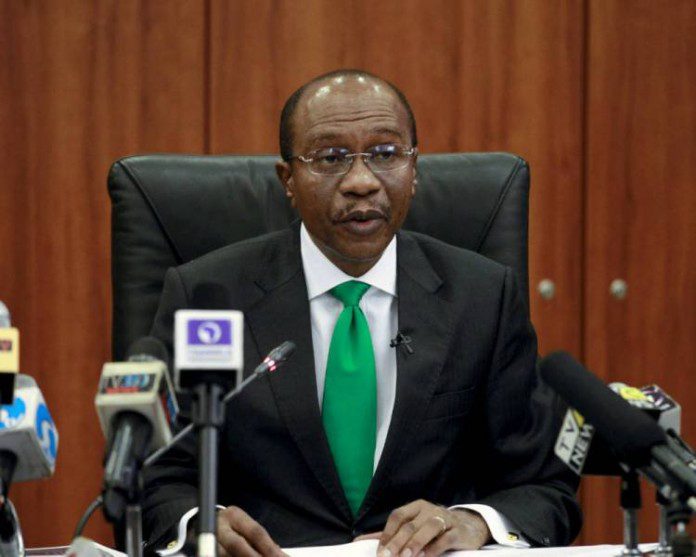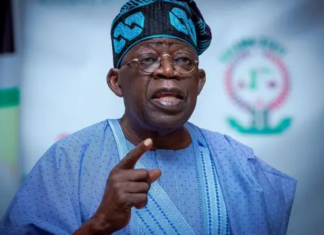By Jeph Ajobaju, Chief Copy Editor
A single naira exchange rate, long canvassed by Nigerian lenders, the World Bank and the International Monetary Fund (IMF), was as good as effected on Tuesday when the Central Bank of Nigeria (CBN) ditched the fixed rate.
Nigeria had adopted multiple exchange rates to avoid a complete devaluation of the naira but the World Bank and the IMF poured cold water on it, both arguing that the policy distorts the value of the naira.
After years of such criticism, the CBN has replaced the fixed rate of N379/dollar used for official transactions with the flexible NAFEX, also known as the Investors and Exporters Exchange (IEE) rate, that has averaged N410.25/dollar this year.
Bloomberg reports that by so doing, Nigeria devalued the naira by 7.6 per cent against the dollar as authorities in Africa’s biggest oil producer migrate toward a single exchange-rate system.
“We found out that we were no longer dealing in this so-called CBN official rate for transactions,” CBN Governor Godwin Emefiele told reporters during monetary policy briefing earlier on Tuesday.
“We are still running a managed-float, we are monitoring the market and seeing what is happening for us to ensure that the right things are happening for the good of the Nigerian economy.”
The CBN held interest rate at 11.5 per cent in line with the median estimate in a Bloomberg survey.
Analysts welcome unified exchange rate
“The official unification of these rates is a welcome development as the fragmented foreign exchange market had been a cause of confusion and a source of arbitrage,” Neville Mandimika, an economist at Rand Merchant Bank said by email from his base in Johannesburg.
Nigeria adopted multiple exchange rates to avoid an outright devaluation of the naira by keeping a stronger pegged rate for official transactions and weaker exchange for non-government related transactions.
The system was criticised by the IMF, and the World Bank held back a $1.5 billion loan requested by Nigeria to push for more foreign exchange (forex) reforms.
NAFEX, a spot rate, was introduced in 2017 to improve dollar liquidity and encourage inflows from foreign investors exiting Nigeria at the time, following the 2016 economic crisis.
The country suffered even more acute hard currency scarcity last year after the pandemic led to a plunge in oil prices, forcing it to devalue the naira twice.
Crude contributes less than 10 per cent to Nigeria’s gross domestic product (GDP) but accounts for nearly all its forex earnings and half of government revenue.
“The key thing for the market is to now allow for more flexibility in the pricing of the investors and exporters window rate in order to completely narrow the spread between the NAFEX and the parallel market,” Chapel Hill Denham analyst Omotola Abimbola told Bloomberg by phone.
The latest move by the CBN is expected to improve confidence in policy making, but recovery in portfolio inflows will not be immediate as investors wait for more dollar liquidity, analysts including Simon Kitchen and Mohamed Abu Basha at Cairo-based EFG Hermes said.













